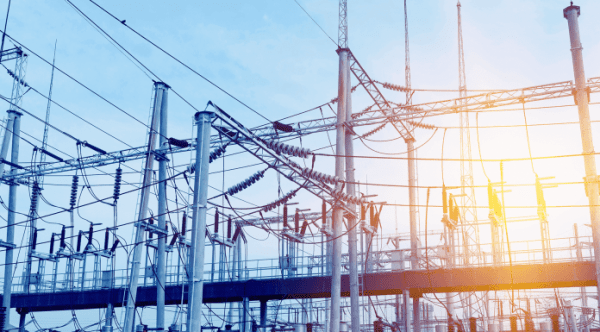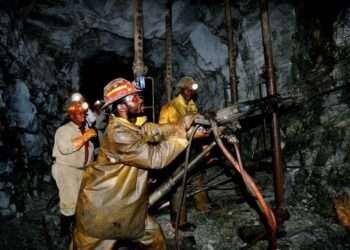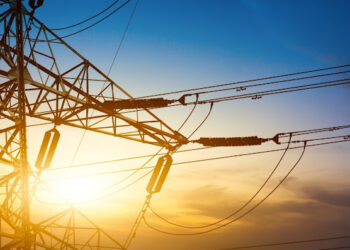Lagos State’s persistent electricity deficit continues to impose a heavy financial burden on residents and businesses, with a newly released Lagos Economic Development Update (LEDU) 2025 report estimating that the energy shortfall adds an extra N5.3 trillion annually to operating costs.
The report, published by the Lagos State Government, highlights that while the state requires approximately 9,000 megawatts (MW) of electricity, it receives only 1,000 MW from the national grid—meeting just 11 percent of its demand.
This massive shortfall has forced over 80 percent of Lagos’ population and businesses to rely on expensive off-grid power solutions, primarily petrol, diesel, and fuel oil generators.
“Off-grid generators in Lagos produce about 15,000 MW daily but at exorbitant costs, with power generated at N130 per kilowatt-hour (kWh) compared to the national grid’s N50/kWh.
“This disparity imposes an additional financial burden of approximately N5.3 trillion annually on residents and businesses, reducing disposable incomes, limiting investments, and weakening economic productivity.”
Lagos Economic Development Update (LEDU) 2025 report
Lagos’ reliance on fuel-powered generators not only increases energy costs but also aggravates environmental and health concerns.
Experts warn that these generators contribute significantly to carbon emissions, noise pollution, and air quality deterioration, posing long-term health risks to residents.
“The widespread use of diesel generators in Lagos is unsustainable.
“The environmental impact, coupled with rising fuel costs, makes it imperative for the state to diversify its energy sources.”
Energy economist Dr. Kelechi Akpan
Additionally, the high cost of self-generated power limits economic growth, as businesses are forced to allocate more resources to energy expenses rather than investment and expansion.
Many small and medium-sized enterprises (SMEs) struggle with the operational costs, leading to reduced competitiveness and job losses.
The LEDU 2025 report projects that Lagos’ electricity demand will surge to 29,212 MW by 2030, driven by rapid urbanization and economic expansion.
However, the current trajectory suggests that power supply will remain woefully inadequate, leaving the state unprepared for its future energy needs.
“Energy infrastructure in Lagos is outdated and highly susceptible to climate impacts, including floods and extreme weather events.”
Lagos Economic Development Update (LEDU) 2025 report
Proposed Solutions: Renewable Energy and Private Investments

To mitigate this crisis, the Lagos State Government outlined strategies focusing on renewable energy adoption, independent power projects (IPPs), and enhanced grid infrastructure.
Lagos State Commissioner for Energy and Mineral Resources, Engr. Abiodun Ogunleye argued that public-private partnerships are essential to bridging the electricity gap.
“Our priority is to attract private investors and international partners to scale up alternative energy solutions, particularly in solar, wind, and gas-powered electricity generation.”
Engr. Abiodun Ogunleye, Lagos State Commissioner for Energy and Mineral Resources
Investments in solar mini-grids and gas-to-power initiatives are being explored as viable options to increase energy access and reduce reliance on diesel generators.
Additionally, regulatory reforms and incentives are being considered to encourage greater private sector participation in the power sector.
As Africa’s largest commercial hub, Lagos cannot afford prolonged power shortages. The financial, environmental, and economic consequences of the current energy crisis highlight the urgent need for reforms.
With electricity demand expected to triple by 2030, the success or failure of Lagos’ energy strategies will determine the state’s economic trajectory.
Without bold action, residents and businesses will continue to bear the crippling financial and environmental costs of an inadequate power supply.
Lagos’ electricity crisis remains a pressing challenge that requires immediate and strategic intervention. While off-grid power solutions have temporarily filled the gap, they are financially unsustainable and environmentally damaging.
The state government’s push for renewable energy and private sector participation is a step in the right direction, but decisive action and long-term investments will be necessary to achieve reliable, affordable, and sustainable electricity for Lagosians.
READ ALSO: Profit-Taking Pulls GSE Down by Over 18 Points Despite Market Gains





















